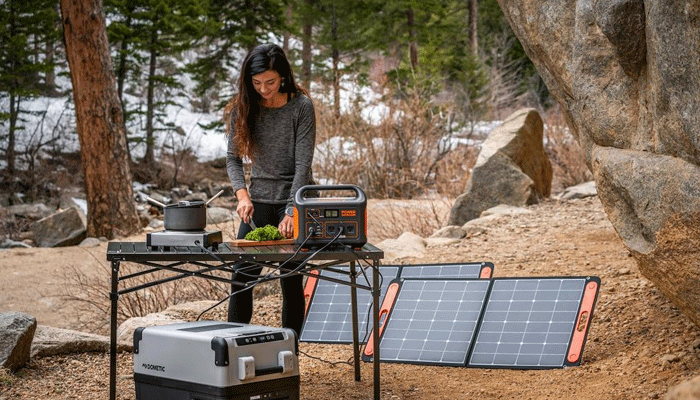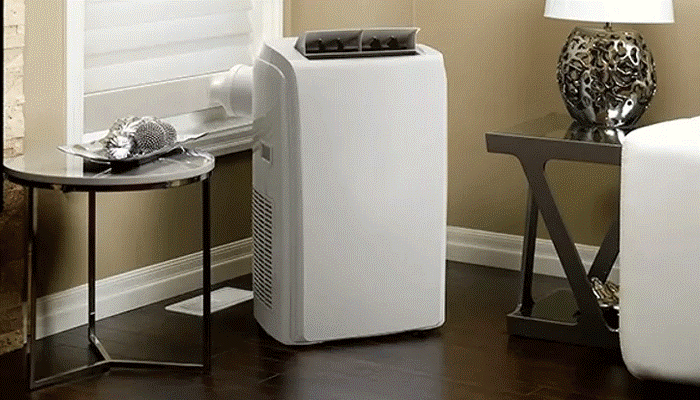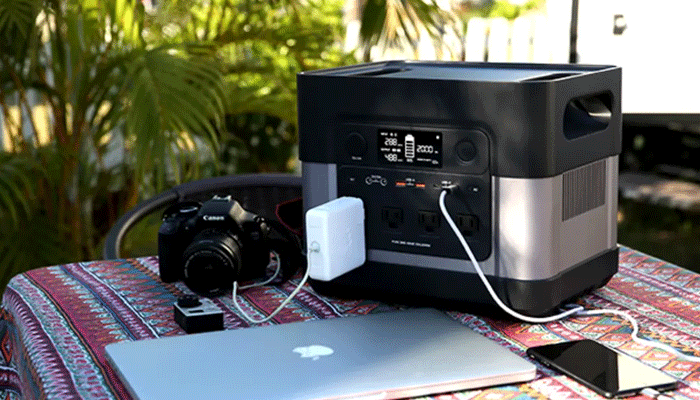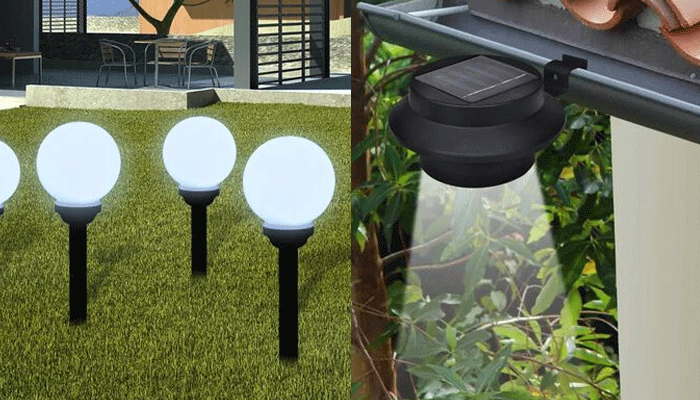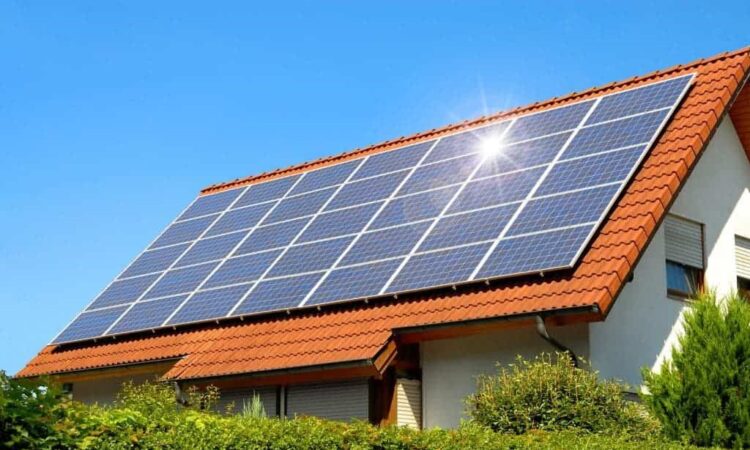
Installing a solar panel in your home is a great way to reduce your energy bills. Not only does it help you save money, but it also increases the value of your home. In addition to this, you’ll be helping the environment, as solar energy is much more environmentally friendly than any other form of energy.
Home Solar Panels Sell for More Money
Installing solar panels on a home will add value, depending on where you live. Electricity rates vary widely from state to state; in some places, they’re even as low as $0.07 per kilowatt hour! Moreover, some utility companies don’t offer net metering, which means that they don’t credit homeowners for excess power they produce and send it back to the grid. Therefore, the overall savings from solar installation will vary from state to state, and may not be worth the initial investment.
The main benefit of a home solar panel installation is that it reduces your electric bill, which can make selling your house more appealing. However, there are some downsides to installing a solar panel system on your home, such as the increased complexity of selling your home.
In addition to increased value, solar panels have an environmental benefit. Most new home buyers are budget conscious, and they care about the environment. Even those who aren’t concerned about the environment are attracted to the potential savings from solar energy. Additionally, the increased energy independence of a solar panel system allows homeowners to control their power costs. Depending on your local market, home solar panels may be worth more than the state average. For example, in the Denver metro area, solar energy is in high demand. Denver currently ranks ninth in the nation for installed solar panel systems.
Save Money on Electricity Bills
When considering a solar energy system, the first step is to log in to your electric company’s website. Make an average of several previous electricity bills. You may want to go back at least six months to account for seasonal variations and cost increases. Using this data, you’ll be able to estimate the payback period for solar panels.
While transferring a solar loan is a great way to sell a solar-powered home, it can also be a challenge. Some buyers may not want to take the responsibility of removing solar panels. However, if you’ve paid off the solar loan, it will likely be easier for you to sell the home.
According to a study by Lawrence Berkeley National Laboratory, a solar-powered home will sell for up to $15,000 more than a conventional home that doesn’t have solar panels. This price difference is largely due to the lower cost of solar energy systems, which have been falling since the study was written.
A solar panel can be an asset that will generate income for up to 25 years, or even more. These assets can be used as savings assets while paying utility bills. In some areas, solar policies and costs vary, and you might be eligible for performance-based incentives that reward homeowners for generating renewable energy.
If you’re looking for more affordable efficient solar panels and survival food kits, look no further than Valley Food Storage Coupon. Adding solar panels to your home is not as difficult as you might think. If you know what buyers want and how to overcome any obstacles, adding solar panels to your home can increase its value and appeal to potential buyers.
They increase the Value of your Home
According to one study, the installation of solar panels increases the value of a home by about four percent. That’s significantly more than the price of a home without solar panels. In Riverside, Calif., a solar-powered home added 2.7 percent to the value of the home, while a home in New York City added about 5.4 percent. And in larger coastal cities, solar-powered homes typically sold for four to six percent more.
A solar-powered home adds to a home’s value in two ways: through investment value and consumption value. The investment value is more apparent when the house is sold, while the consumption value helps to increase the home’s resale value. In one study, solar-powered homes saw a $6000 value boost when they were listed on the market.
On average, a solar energy system will generate power for more than twenty years, resulting in significant long-term savings. This investment is expected to increase the home’s value by around four percent, but it may take several years to reap the benefits of the investment. In addition to this, the federal tax credit from the installation of solar panels increases the net savings of installing solar panels. This may boost the value of the home even further.
According to NREL research, homes with solar panels sold 20% faster than those without them. This is a big advantage for homeowners. According to the NREL, every dollar saved on energy costs increased the home’s value by $20. Moreover, the home could add around $8000 to the value of the solar panels mounted on the roof. If you want to save more money on electronic items, use the Electronics Promo Code.
They are More Environmentally Friendly than Other Sources of Energy
Compared to other sources of energy, solar panels have significantly lower environmental footprints. Solar panels emit less CO2 per kWh than coal or natural gas. Moreover, solar panels are more efficient, which means they use less energy. A recent study from the U.S. Department of Energy found that solar panels save a quarter of the energy needed for the same amount of energy. Solar panels also have a smaller environmental footprint than other forms of energy, including wind, geothermal, and nuclear energy.
Aside from its environmental benefits, solar panels also help reduce the demand for fossil fuels. According to the National Renewable Energy Laboratory, switching to solar energy reduces greenhouse gas emissions by 7.7 tons per household. By contrast, fossil fuel energy produces more than twice as much carbon as solar energy.
Solar Panels help Reduce Acid Rain
Solar panels also help reduce acid rain, a leading cause of chronic respiratory disorders, and smog. In addition, solar panels generate alternative renewable energy, which does not contribute to hazardous air pollution. Furthermore, their widespread use would eliminate the need for power plants. Unlike traditional energy sources, solar energy does not use any water in the process of generating electricity.
The industry is now moving toward a more rigorous approach to sustainability. The SVTC is leading the effort to develop a sustainability standard for solar panels, which will be similar to the U.S. Green Building Council’s LEED standard. Meanwhile, new solar panel factories are opening across the country. One major company, SolarCity, is planning to build a $5 billion solar panel factory in western New York. If you’re looking for more affordable solar panels, consider the 4wd Supacentre Discount Code.
Solar energy also contributes to a greener world because it prevents the destruction of ecosystems and habitats. In contrast, fossil fuel extraction and the burning of fossil fuels wreak havoc on our planet’s ecosystem. By using solar energy, we prevent this destruction by building solar farms on top of land instead of drilling into the ground.
The environmental impact of solar panels has been proven to be much lower than that of coal and natural gas. Solar energy capacity has increased sixfold over the past five years. However, manufacturing solar panels is not without its own set of environmental problems. The process of manufacturing solar panels requires large quantities of electricity, water, and caustic chemicals. This waste could jeopardize solar’s ability to combat climate change and reduce environmental toxins.
Conclusion
As solar energy production becomes more affordable, its lifespan will increase. In addition, solar technologies require little maintenance, meaning they will last for decades. Solar panels are also more affordable than traditional energy sources, and solar power will add to the value of your property.



